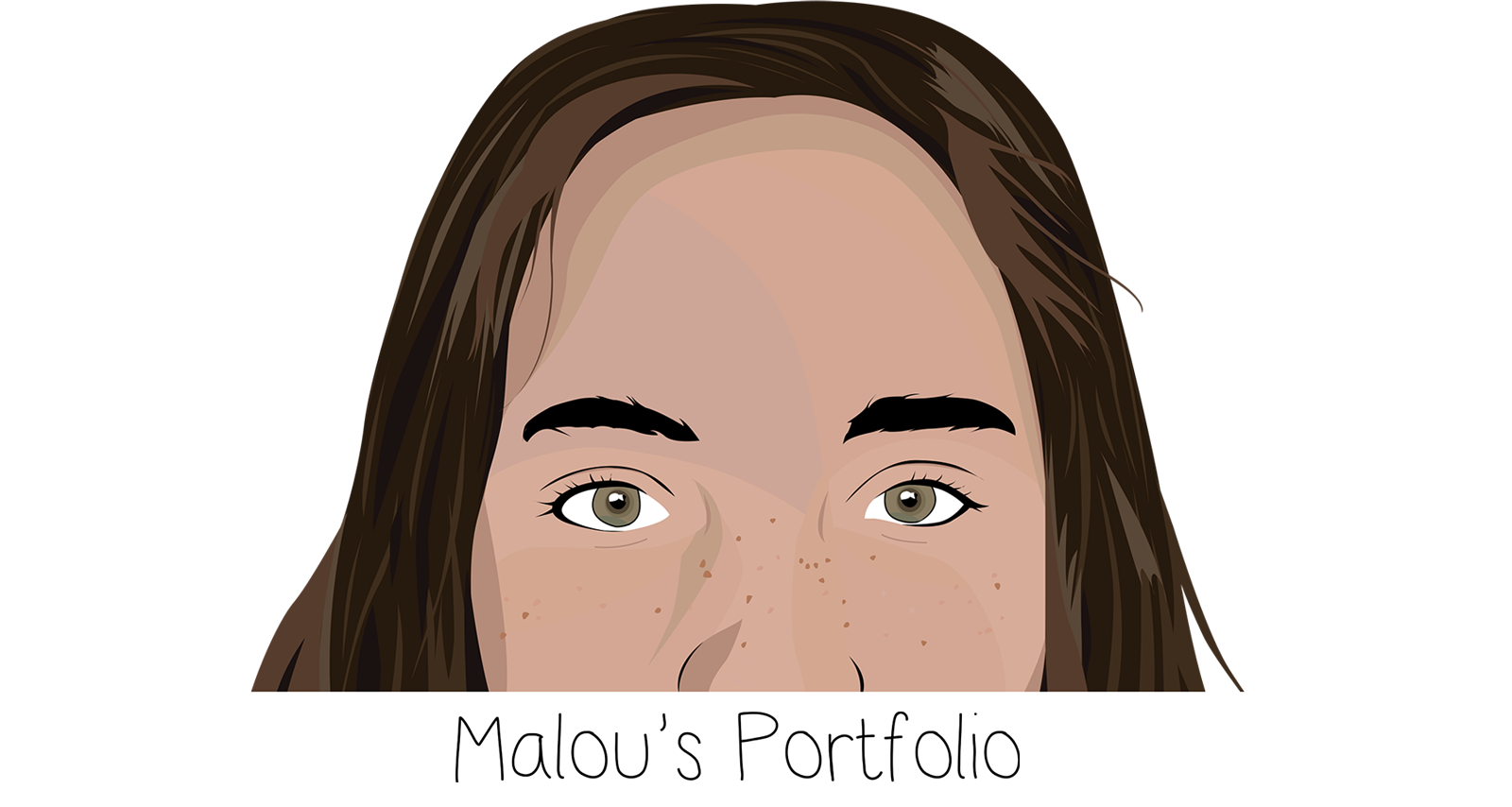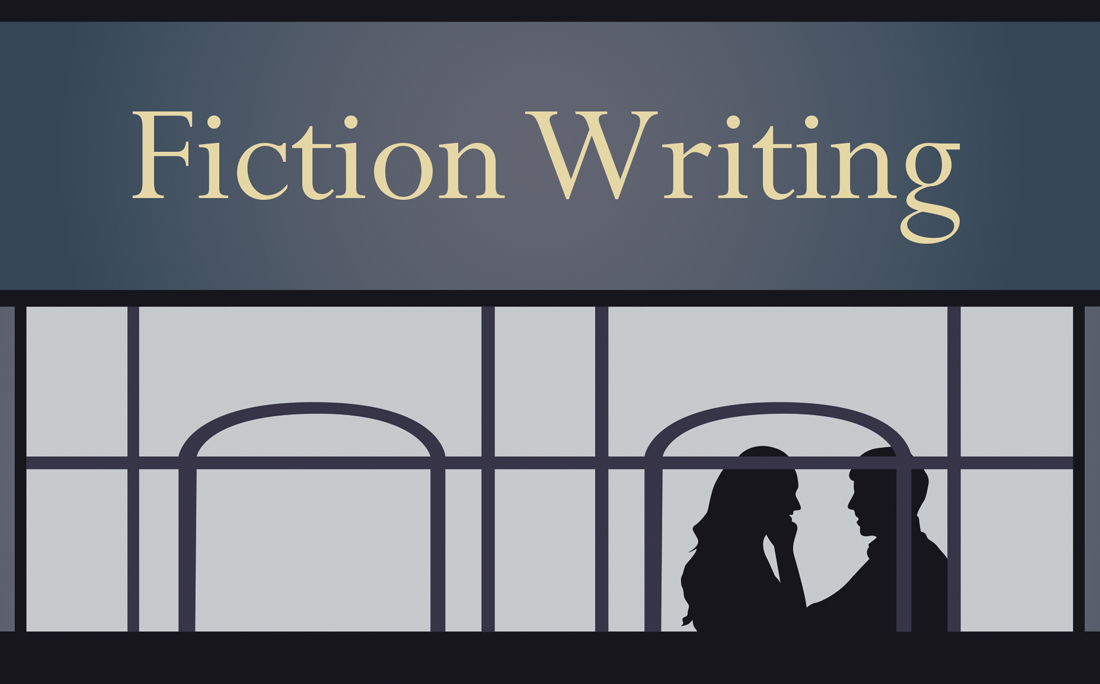First Published in InQluded, a magazine based in New York with the mission to empower QTIBIPoC youth.
I never considered myself to be a person of colour.
There were other parts of my identity that seemed easier or even more obvious to embrace than my racial identity.
The road to understanding and embracing my own sexuality came long before confronting my own racial identity. For many, race is the first thing we see. We have visual references all around us. But for me, the only time I was confronted with race was when my grandmother would tell me stories from her childhood. My parents and the rest of my family never spoke about race, so it was never something that was a constant part of my life.
When filling out forms that ask about your ethnicity, I’ve only checked the white-box instead of white/Asian. Some- times it would be on purpose, other times it would be a subconscious decision, but mostly I realise that I’ve been running away from who I am for a long time. I ran away from my sexuality for a while, but up until now, I have been running away from my family and my background.
I never really thought about my racial background or the colour of my family’s skin. I only notice that I’m not completely white when other people point it out. My dad never talked about his Indonesian roots. The only thing that my roots meant to me was my ability to tan easily.
My grandma would tell me about Indonesia. She would stay over at our house and tell us about her childhood. About the chickens they owned and the fruit trees they grew. I could hear the warmth in her voice as she spoke. In the Netherlands, we hate the cold rain, but in Indonesia, my grandma loved playing out in the warm rain during the monsoon. To this day, my grandma complains about the cold weather, wishing she could have the warm weather in Indonesia.
Both my grandmother and grandfather were born in Indonesia. The Dutch first arrived there in the 16th century to trade spices and then later colonised Indonesia (Dutch East Indies) in 1800. In the 1620s, single Dutch women were sent to Batavia to raise Dutch orphan girls to be- come East India brides. However, the Netherlands didn’t have enough citizens and started bringing in people from Germany, France and Scotland amongst others. As a result, an Indo-European society developed. Many of these settlers were Dutch citizens, but they related more closely to and had integrated into the Indo culture. Indonesia gained independence in 1949 and expelled any Dutch people that did not embrace Indonesian citizenship by 1959. And so my grandmother too, who recalls she didn’t feel Dutch at all, was forced to leave the country that she grew up in as a twelve-year-old girl.
My grandma took the boat to the Netherlands with her parents and three sisters. At the start of her arrival, she remembers being called a “Pinda Chinees” (Peanut Chinese) because of the colour of her skin, although she laughs about this now. She managed to settle in overtime, met my grandfather and had three children by the time she was 21. One of them was my dad, who had two children of his own. Our family expanded, as all of my grand- ma’s sisters had children too. In family pictures, I look white compared to all of them. I thought of them and I as separate, although not because of our skin colour. Their personalities were simply very different from mine.
As a child, I was a shy and quiet child and didn’t know how to handle the loudness of their voices. I didn’t think their jokes were funny and the continuous questions of whether I’d eaten enough made me feel as if I was disappointing them by not eating more. To me, family meant driving in a car for hours, feeling carsick and then sitting in a circle where adults talked about adult things while I just wanted to play outside. Family meant noise; a dozen different voices amplified in a small room. Family meant kissing everyone on the cheek three times (a Dutch tradition) and hugging that uncle, his sister and the extended family that I didn’t really know.
At home, my grandma took care of us during the week when my parents worked. Our family time was spent at the dinner table where I was forced to eat the food I didn’t like. I’d put it in my mouth and spit it out in the toilet, hid it in a napkin or fed it to the cat. And when dinner was done I ran back outside to play with my white friends.
The older I got, the more I started feeling like I had to play the part of the happy child. My parents fought sometimes, but we seemed like a happy family to the outside world. I was hurting on the inside and no one wanted to listen to me. I started feeling like a stranger.
Looking back, I never felt like I was a part of my family. I was also hurting so much that I no longer wanted to be a part of it. It made me wonder where I belonged and whether I was strange or abnormal. I started hating my- self because it felt like it was my fault. I was ruining our “perfect” family because I didn’t want to be a part of it. If only I was “normal,” no one would have to hurt because of me.
One day I went online and began talking to people from all over the world. I found refuge in online friends that I’d met on YouTube. And although they were from all over the world, we all shared similar interests, which made me feel like I fit in for the first time. We talked about our favourite shows, the creative projects we were working on and very personal topics, as we all seemed to struggle in our ‘real’ lives. My online friends loved me unconditionally and I loved them back even though sometimes we didn’t even know what the other person looked like. When I told them about my Indonesian background they all thought it was cool and interesting and an additional part that makes me who I am.
It’s through these friends that I really got to know myself better, and it allowed me to take distance from my racial background, while embracing and even understanding my sexuality. I was able to simply feel like a person, and race or sexuality didn’t matter. And when the pressure of not having to perform a certain way was lifted, I began to reclaim my identities.
I am ready to start embracing my Indonesian background. I’m ready and proud to start embracing and accepting all of my multidimensional identities.
I am proud of the person I’ve become and always have been.



